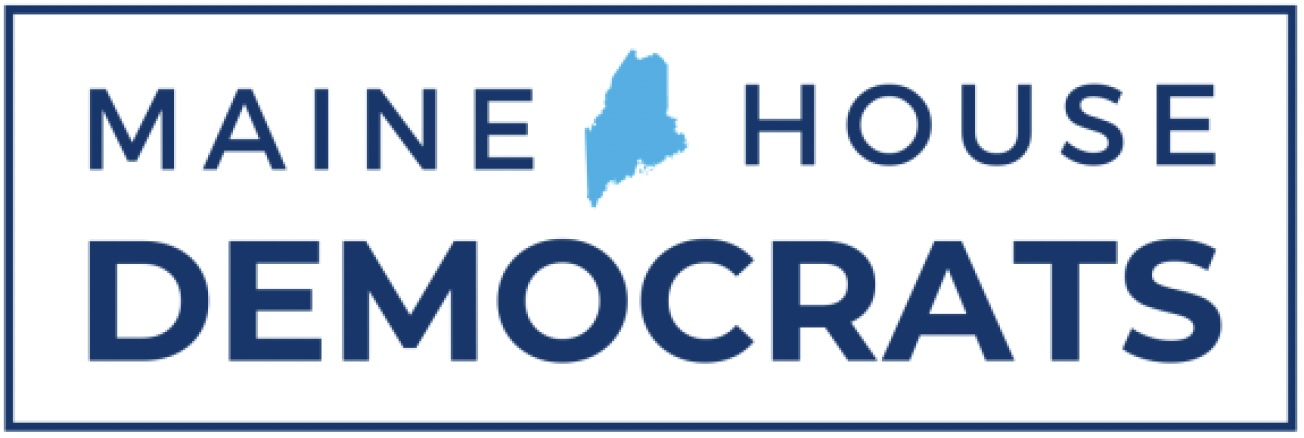AUGUSTA - The Maine House voted Monday to advance a measure by Assistant House Majority Leader Rachel Talbot Ross, D-Portland, which aims to bridge Maine's "digital divide" between those with internet access and those without. The vote was 84-61.
LD 1555 would dedicate $15 million to help marginalized groups access the internet. The ConnectMaine Authority would oversee the use of those funds in consultation with stakeholder groups.
"We often think of lack of internet access as an issue that only impacts rural Mainers, and broadband expansion absolutely is a pressing need in many rural areas. This bill recognizes that a person's access to broadband, as well as the technology and digital literacy needed to fully benefit from it, can be an issue no matter where one lives," said Talbot Ross. "Whether that's due to your street address, your background or your income, it is just as detrimental to your ability to access education and training, job opportunities, health care and more. Bridging the digital divide is an important issue of equity in our state."
The bill specifies that funding should be used to help members of historically disadvantaged racial, indigenous and tribal populations, low-income individuals and those who were formerly incarcerated, are in recovery or are unhoused. It directs ConnectMaine to engage with organizations representing these groups when determining how best to use the funding.
A 2020 report by ConnectMaine identified service costs as a common barrier that prevents Mainers from accessing the internet, even in areas where service is available. The Maine-based National Digital Equity Center, which supports Talbot Ross' proposal, identifies lack of digital literacy and the cost of equipment as other significant barriers to digital equity in the state.
At a public hearing on the measure earlier this year, Rebecca Boulos of the Maine Public Health Association testified in favor of the bill. She called broadband access a "super-determinant of health."
"Broadband access serves as a gateway to several services associated with health: it means adults can search and apply for jobs and/or work from home; take online courses; pay bills; and access health care, including signing up for health insurance and communicating with their provider. It means school children can do their homework at home and not at the local fast-food restaurant that has internet," said Boulos, who is executive director of the organization.
"Through email and social network sites, broadband can also reduce social isolation and loneliness, two contributing factors of poor health outcomes, particularly among older adults," Boulos added.
The measure faces further votes in the House and Senate.
Talbot Ross is serving her third term in the Maine House. She represents House District 40, part of Portland.
Contact:
Jackie Merrill [Talbot Ross], c. 812-1111

